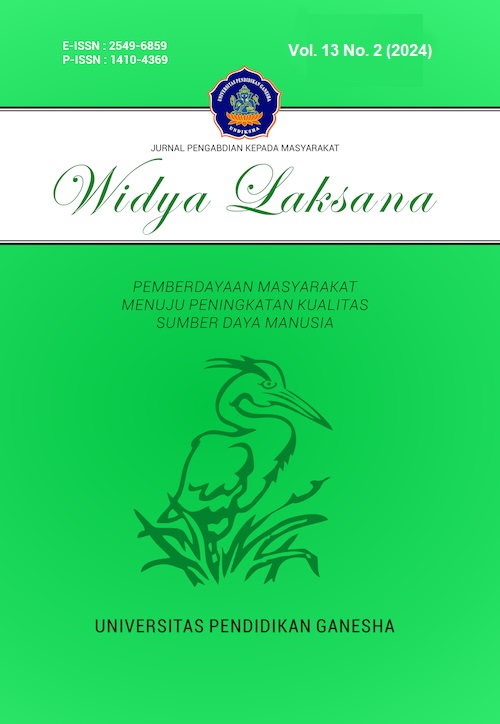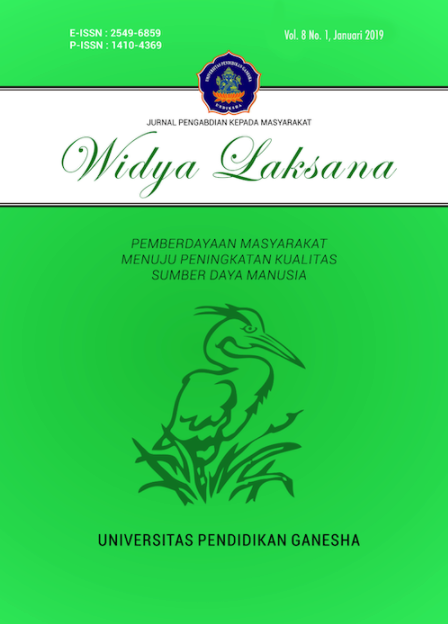Revitalization Of Ecotourism With Commercialization Of Coral Transplantation Based On Productive Communities In Pulau Pahawang Village
Keywords:
Sustainable Ecotourism, Coral Transplantation, Waste ManagementAbstract
Pulau Pahawang Village in Lampung Bay is an ecotourism destination with extraordinary underwater natural beauty. However, destructive fishing practices and suboptimal tourism management threaten the sustainability of the ecosystem and community welfare. This community service aims to revitalize ecotourism by commercializing productive community-based coral transplantation in Pulau Pahawang Village. The Itera lecturer and student team collaborated with the community and village government to overcome this challenge through a community service program. Activities include coral reef transplantation, waste management training, ecotourism management, and creating a promotional website. The method of implementing the partner problem-solving program is the socialization stage, implementation of training and workshops, implementation of technology and student mentoring, development of program outputs and cooperation with external parties, publication, program sustainability, and evaluation. The results include the issuance of 15 NIBs for business actors, developing the Seawalker vehicle, and sustainable waste management. This program aims to maintain environmental sustainability and improve the welfare of the Pulau Pahawang Village community.
Published
Issue
Section
License
Authors who publish with the Widya Laksana agree to the following terms:- Authors retain copyright and grant the journal the right of first publication with the work simultaneously licensed under a Creative Commons Attribution License (CC BY-SA 4.0) that allows others to share the work with an acknowledgment of the work's authorship and initial publication in this journal
- Authors are able to enter into separate, additional contractual arrangements for the non-exclusive distribution of the journal's published version of the work (e.g., post it to an institutional repository or publish it in a book), with an acknowledgment of its initial publication in this journal.
- Authors are permitted and encouraged to post their work online (e.g., in institutional repositories or on their website) prior to and during the submission process, as it can lead to productive exchanges, as well as earlier and greater citation of published work. (See The Effect of Open Access)




